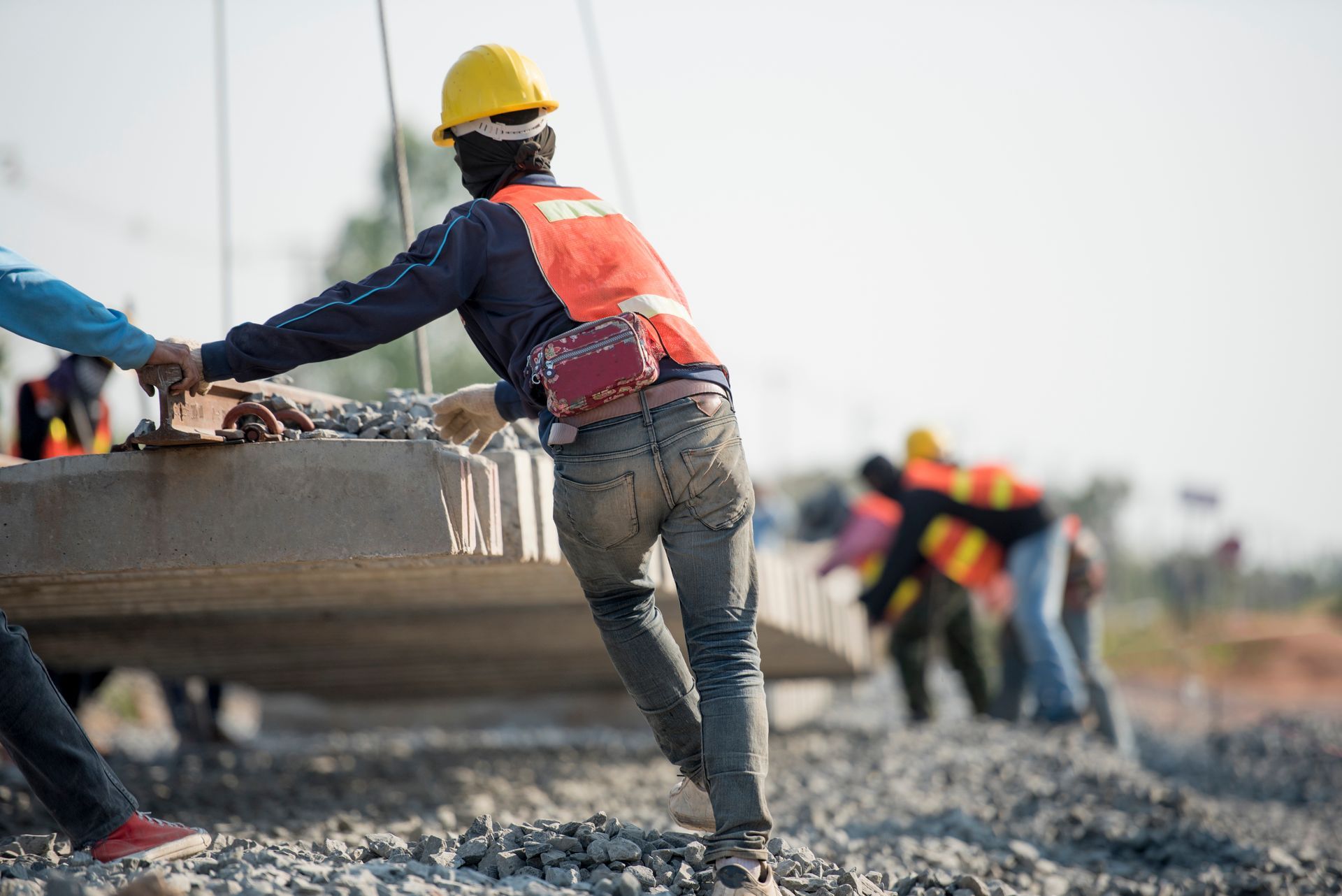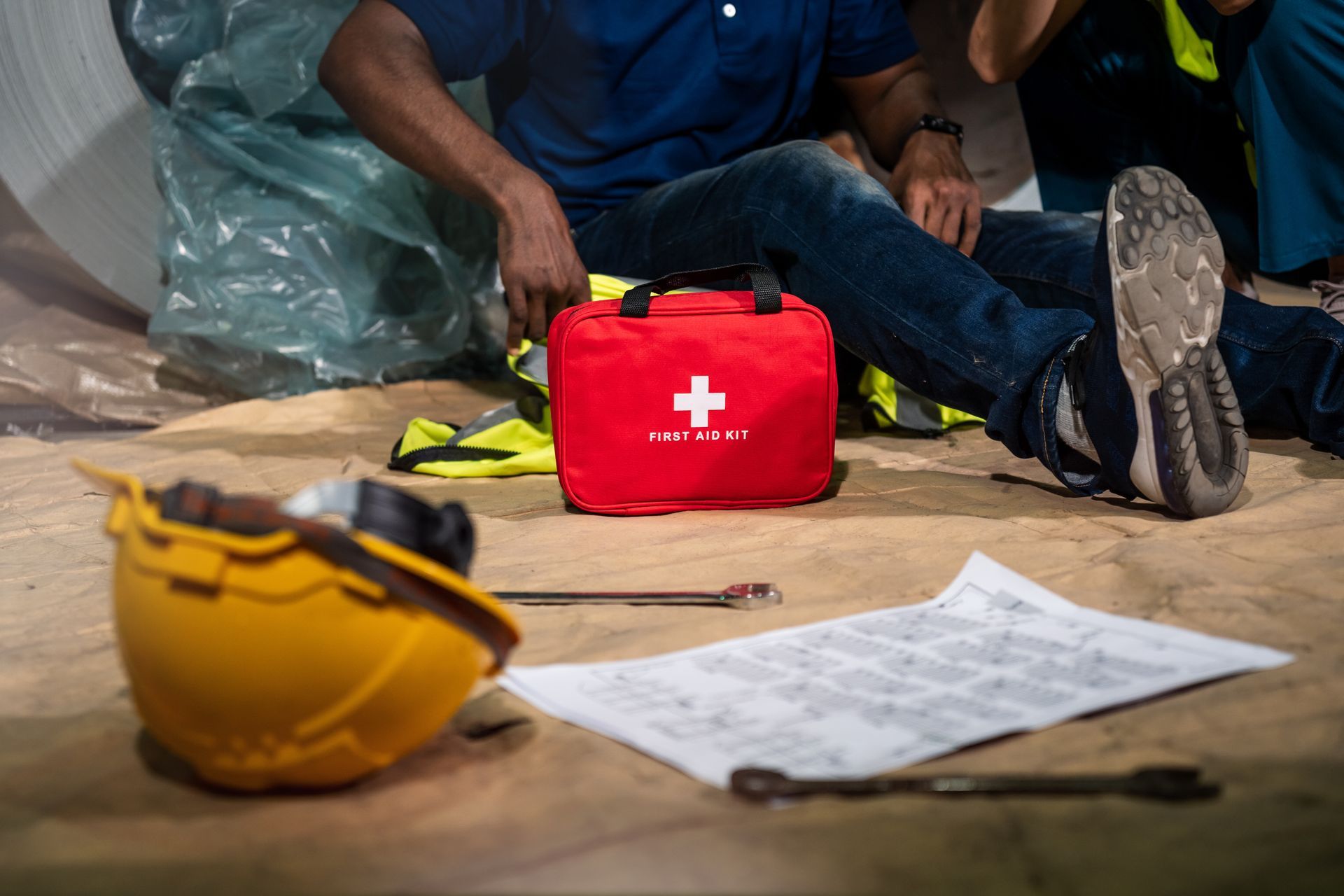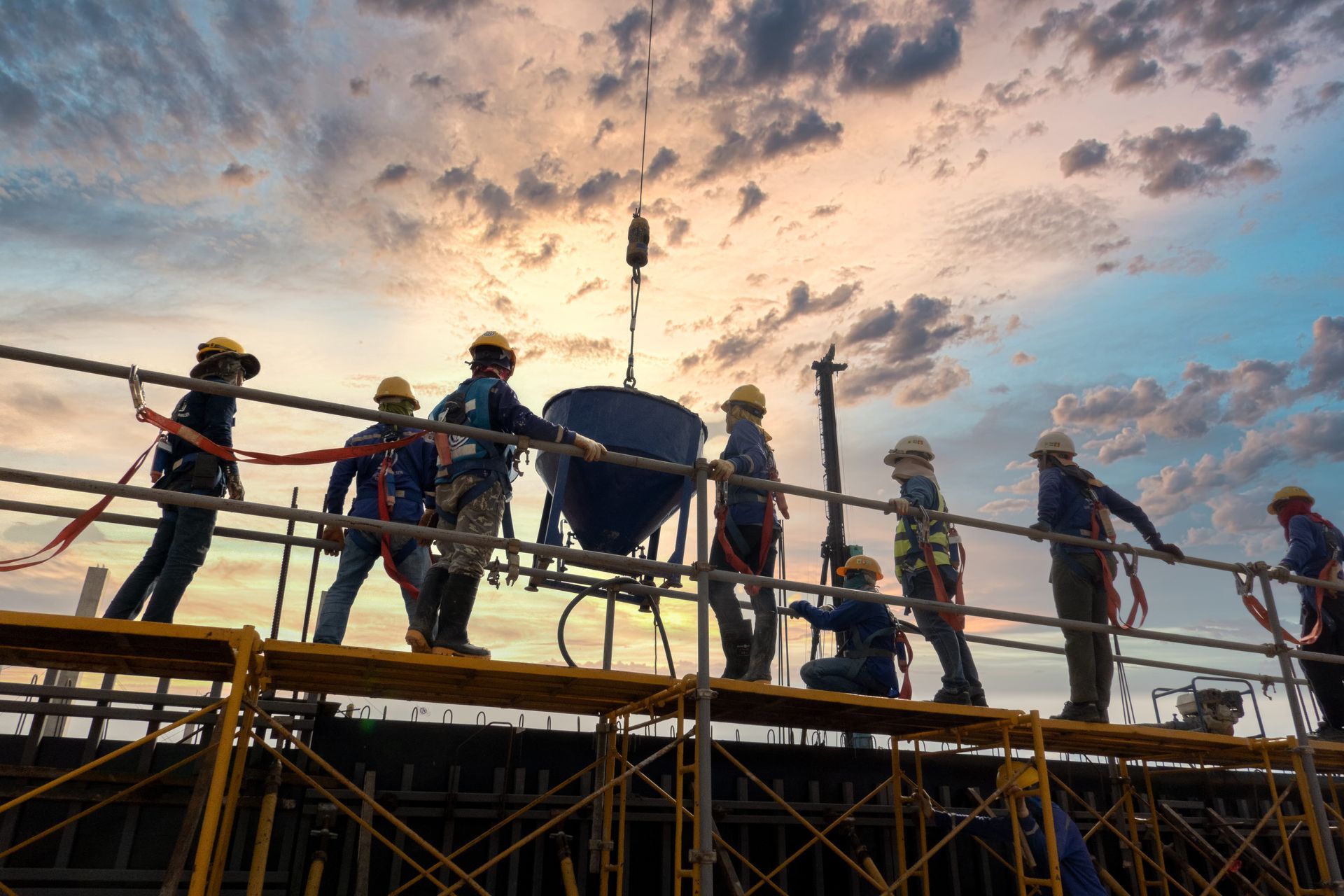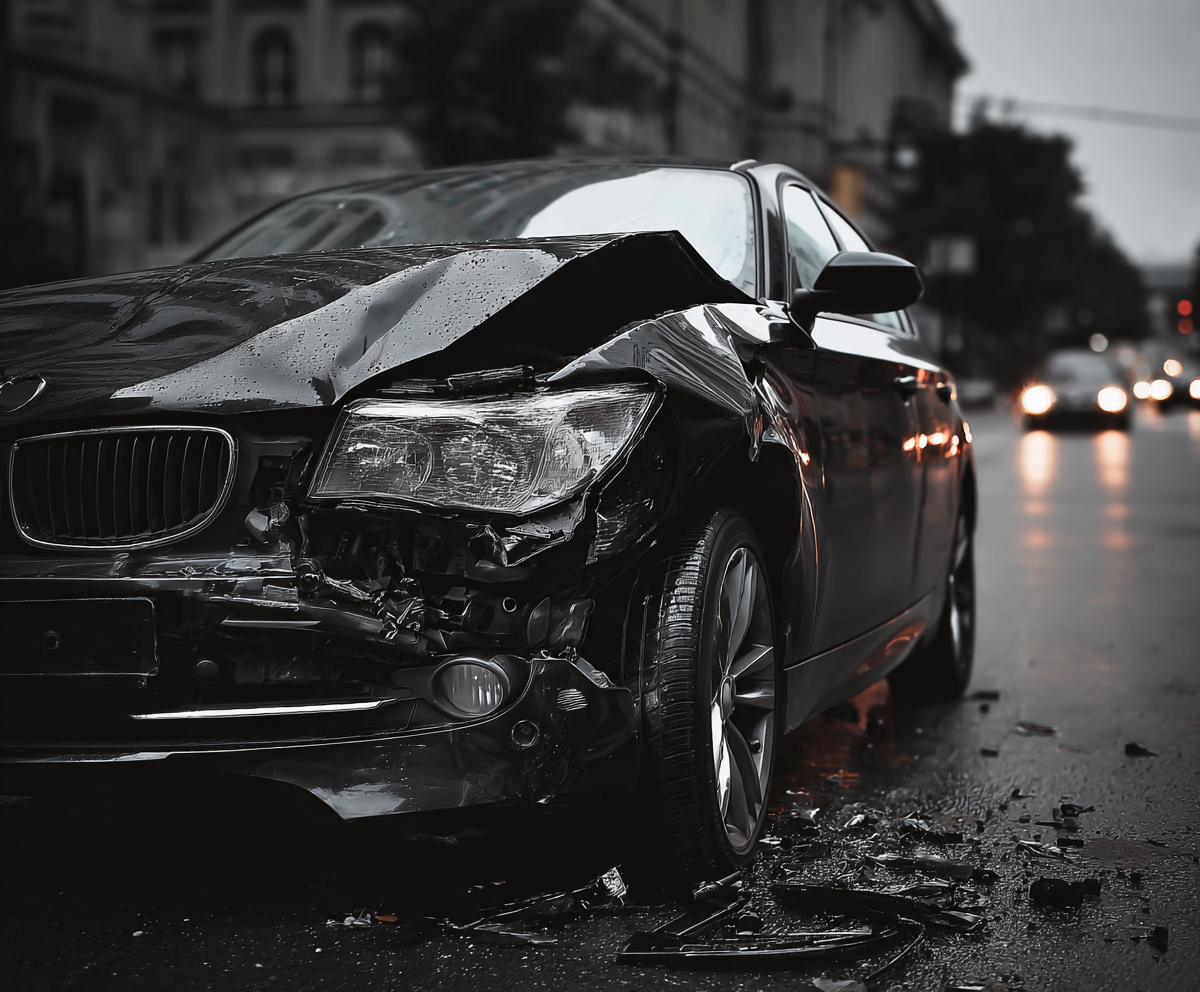Navigating Workers' Compensation vs. Personal Injury Claims in Construction Accidents
Construction sites are among the most inherently risky workplaces. With the dynamic environments and heavy machinery involved, the potential for accidents is unfortunately high. If you're a construction worker or a safety officer, understanding the nuances of workers' compensation versus personal injury claims can mean the difference between just compensation and unnecessary legal hurdles. We will outline the route to safeguarding and ensuring justice for individuals impacted by construction accidents.
Workers' Compensation Claims in a Construction Context

Workers' compensation is a form of insurance providing wage replacement and medical benefits to employees who are injured on the job. In the realm of construction, where hazards are abundant, workers' compensation plays a critical role in supporting the workforce.
What Does Workers' Compensation Encompass?
Often, workers' compensation is characterized by its no-fault system, meaning employees are entitled to benefits regardless of who is at fault for the injury. It's designed to be a straightforward process for employees to access medical treatment and a portion of their wages while they recover.
Benefits of Workers' Compensation for Injured Construction Workers
For an industry that deals with severe injuries on a regular basis, the immediate medical attention facilitated by workers' compensation is a literal lifesaver. Furthermore, the assured financial aid assists in stabilizing the injured worker's financial situation during recovery.
Limitations Workers' Compensation in Certain Scenarios
Although workers' compensation provides fast-track benefits, it also comes with limitations. The financial benefits may not cover the full extent of a worker's lost income, and there might be no provision for compensation for emotional distress or pain and suffering, often experienced in construction-related incidents.
Personal Injury Lawsuits and Construction Accidents
In some cases, the option to file a personal injury lawsuit might be more beneficial for the injured party, particularly if the negligence of an entity other than the employer is to blame. Personal injury claims in a construction setting are a pathway to seek full compensation, including damages that workers' compensation doesn't typically cover. These claims are filed against the parties responsible for the unsafe environment or practices that led to the injury.

Advantages of Personal Injury Lawsuits for Construction Accident Victims
The key advantage of a personal injury lawsuit is the potential for much larger settlements. Injuries sustained on construction sites can result in considerable long-term health issues and financial implications, which may be better addressed through a personal injury claim.
Factors to Consider Before Pursuing a Personal Injury Claim
The path to a personal injury lawsuit is not without its challenges. Increased legal complexity, the need for evidence of third-party negligence, and the potential duration of the case are significant factors to consider before pursuing this avenue.
Determining the Best Course of Action for Your Construction Accident

Choosing the right approach—whether to opt for workers' compensation benefits or to file a personal injury lawsuit—significantly depends on the unique details of the incident and the individual's circumstances.
Before deciding to pursue a personal injury claim instead of a workers' compensation claim, several additional factors should be carefully weighed. The availability of witnesses and their willingness to testify can be crucial in establishing the negligence of a third party. Similarly, the quality and availability of evidence to prove negligence played a role in the incident is pivotal for a successful personal injury lawsuit. It's also important to consider the emotional and psychological toll that a prolonged legal battle can inflict on an individual and their family. Financial resources to support a potentially lengthy legal process are another critical consideration, given that personal injury cases can sometimes take years to resolve. Finally, the reputation and expertise of the legal representation you choose can significantly influence the outcome of your case. Selecting a personal injury attorney in Connecticut with profound knowledge and experience in construction-related personal injury claims can markedly increase the chances of a favorable outcome.
Guiding Your Decision-Making Process
Making an informed decision about claiming workers' compensation or pursuing a personal injury lawsuit is not a task for the uninformed. Factoring the severity of injuries, evidence of employer negligence, and the potential long-term impact on your health and career are key elements in this decision-making process. It's essential to strategize for the outcome that best serves your recovery and well-being. By drawing on the expertise of legal professionals who specialize in construction accidents, you can gain valuable insights into your available options and their respective implications.
Navigating the complexities of workers' compensation and personal injury claims in construction accidents is a significant part of the aftermath of a workplace incident. It's crucial for those involved to be aware of their rights and the potential paths to resolution. While this guide provides a rich understanding of the subject, each case is unique and might benefit from professional legal counsel. Seek the support you need to ensure that your rights are protected, and if necessary, fight for the compensation you deserve.
If you or a loved one has suffered an injury on a construction site and you're navigating the challenging decisions between workers' compensation and a personal injury lawsuit, remember you're not alone. At Walker Injury Law, based in Enfield, Connecticut, we understand the complexities of construction accidents and the toll they take on individuals and families. Attorney James Walker and our dedicated team are here to provide the support, guidance, and legal expertise you need. We're committed to helping you make informed decisions that prioritize your recovery and well-being. Don't hesitate to reach out for a compassionate consultation to explore your options and secure the compensation you deserve. Your path to healing and justice starts with a call to Walker Injury Law at (860) 789-1000 or contact us online.
Contact Walker Injury Law
Call
(860) 789-1000
Injured? Contact our team today to schedule a free case consultation.
Walker Injury Law Personal Injury Attorney Practice Areas
Share Article
Recent Articles



